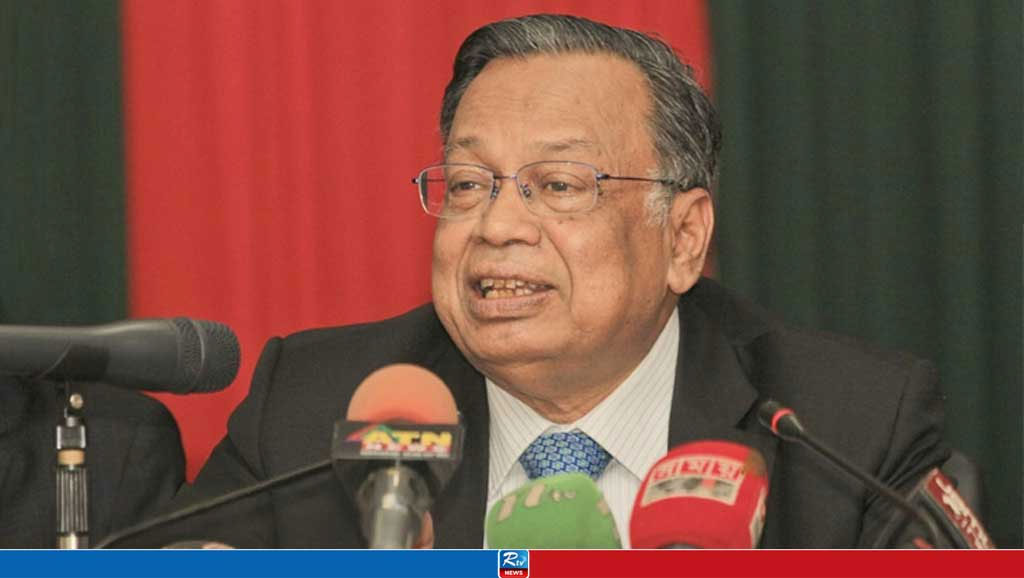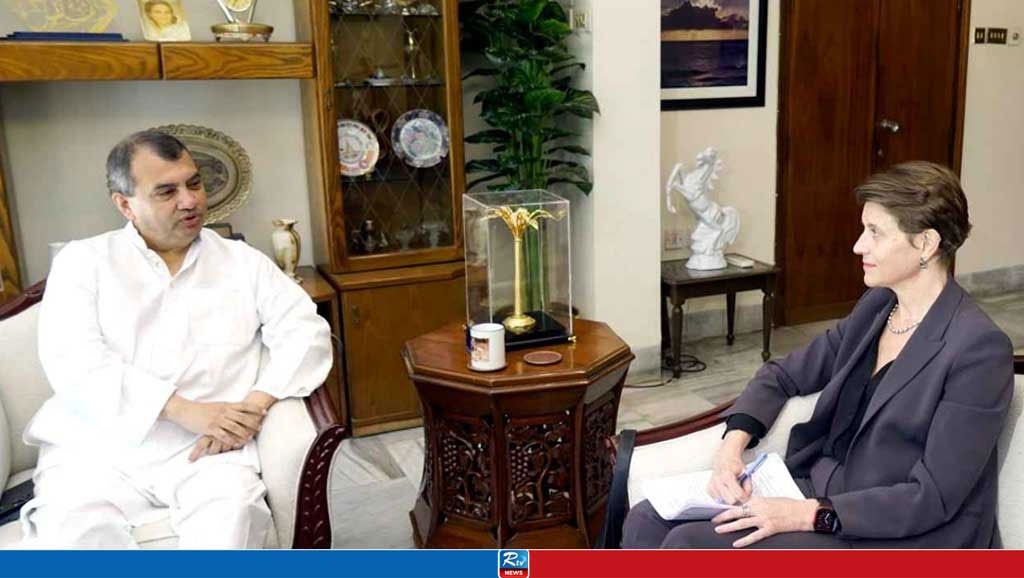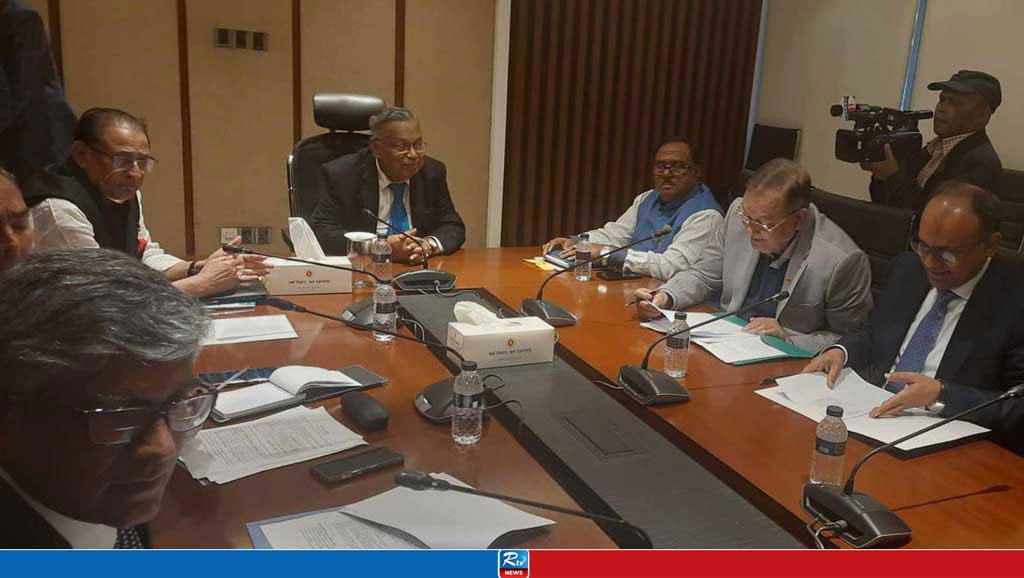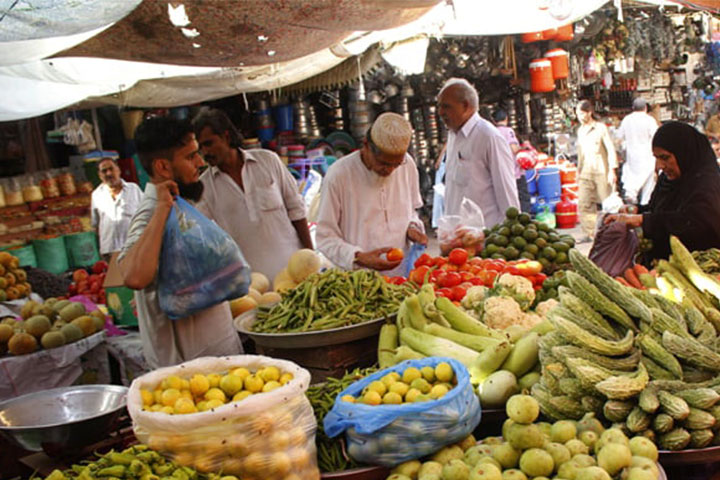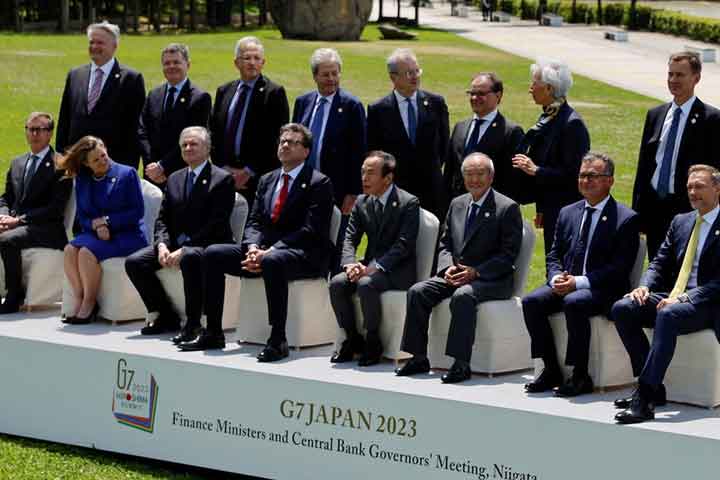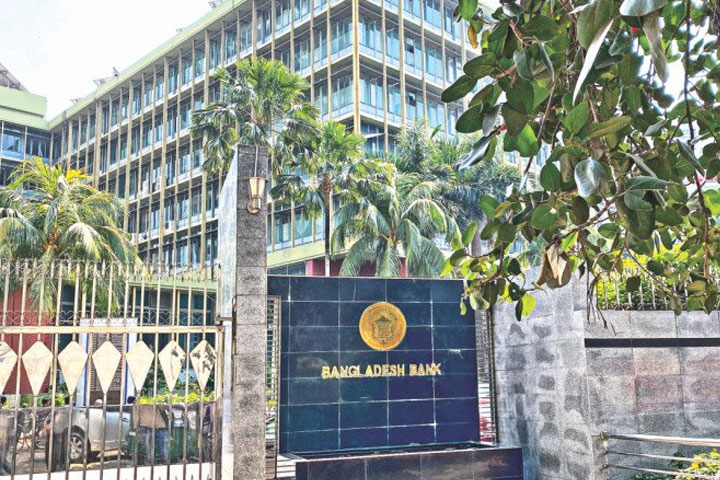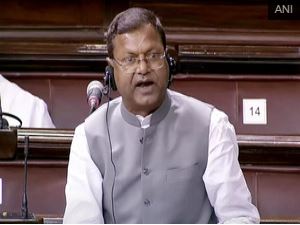No way out of IMF loans anytime soon, says Finance Minister Shamshad
The government has deferred its plans to issue a $1.5 billion international bond, Caretaker Finance Minister Shamshad Akhtar said on Thursday, stressing that the country will have to go for more IMF loan programmes for some time as the economy remains fragile. Her remarks came a day after the government reached a staff-level agreement with the International Monetary Fund on a nine-month bailout package.
During a press briefing, Dr Akhtar outlined key aspects of the IMF agreement, affirming the government’s commitment to regular tariff adjustments, including a planned gas price hike in January to prevent the accumulation of circular debt in both the gas and power sectors. The electricity and gas rates would be “continuously revised” and their costs controlled besides transferring their management to the private sector as soon as possible and institutionalising ongoing campaign against power and gas theft, she said.
She said Pakistan would also need to adhere to the market-determined exchange rate completely, remain responsive through adequate monetary policy adjustment, particularly to core inflation, and bring four more state-owned enterprises in line with the financing and governance template of the newly approved SOE law.
These four state firms include the National Highway Authority (NHA), the Pakistan National Shipp¬ing Corporation (PNSC), the Pakistan Broadcasting Corporation (PBC), and the Pakistan Post. Dr Akhtar also tried to allay concerns regarding the external financing gap, expressed confidence over the achievement of the tax collection target and said the government would remain committed to fiscal consolidation for macroeconomic stability and balanced growth.
She said that unlike in the past, no prior action was required by the IMF management this time before approving the staff-level agreement, taking total releases under the $3bn programme to $1.9bn and leaving $1.1bn for the next and final review.
Addressing the postponement of the new international bond, Dr Akhtar cited high interest rates and costly market conditions as key factors.
“I have decided to postpone the new (international) bond. It is going to be expensive. Interest rates are very high. So, we cannot go to the international market,” she said, adding that the government would repay the $1bn bond that would be maturing in April next year.
She said the government was working on some other avenues. In her view, the staff-level agreement would enable approvals of $1bn in loans from the World Bank ($350m), the Asian Development Bank ($350m) and the Asian Infrastructure Investment Bank (250m).
Finance Secretary Imdadullah Bosal said these agreements were already “at an advanced stage” and were pending for the IMF’s staff-level agreement.
He said negotiations with lenders for more funds under social protection, flood resilience and women’s inclusiveness programmes were also in the final stages. He, however, evaded the overall external financing needs, and the availability and gap for the current year, saying these were “dynamic numbers” despite budget allocations or announcements by the Economic Affairs Division.
Mr Bosal said talks with some other commercial entities were also at an advanced stage to materialise $3.5bn projected commercial inflows. This would help launch a new international instrument — the Environment, Social and Governance (ESG) bond — rather than conventional bonds. He said the current account deficit would be lower than budgeted.
Finance Minister Akhtar hoped to ensure a $2bn disbursement from the World Bank alone during the current fiscal year. “We are quite comfortable with external accounts,” she insisted, hoping that the IMF’s staff-level agreement, followed by disbursements from other multilaterals, would improve Pakistan’s credit rating.
“The next [IMF] programme is very necessary for some time” as the economy had returned to stability that was still very fragile, the minister said.
“Until we are able to increase exports and domestic resources, we will need another programme” because there was no more refuge from doing long-standing reforms. “The country will not survive without this,” she said.
“Probably, we will have to go into another EFF [Extended Fund Facility]. We will remain engaged with the IMF,” she said but hastened to add that this may be premature to talk about.
Dr Akhtar said her priority was to immediately start working on the last $1.1bn tranche under the current facility so that the new government should not face any difficulty, but “if we get time, we will also discuss this [new programme] as well.
Responding to a question, she said the government would have to fast-track reforms in the SOEs to help improve business climate. There was no prior action, but laws governing the four SOEs — NHA, Pakistan Post, PBC and PNSC — have to be made compatible with the SOE law by Nov 30.
Responding to another question, she said the government expected about Rs35bn in additional revenue through a windfall tax on banks on their massive foreign exchange earnings, “provided they pay” — an indication the government expected legal challenges from powerful banks.
To another question, she said it had yet to be decided as to how much additional taxes would be imposed on retailers and real estate based on the expectation that the FBR would be able to deliver the Rs9.4 trillion revenue collection target. However, she agreed that the talks with the IMF also included trigger points to consider such options.
Source: DAWN
18 Nov 2023,17:05
















 Live Tv
Live Tv
